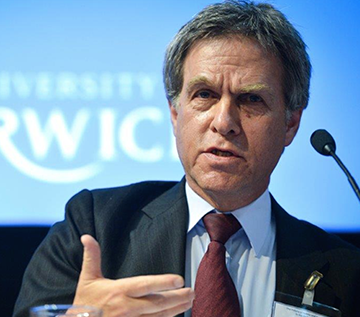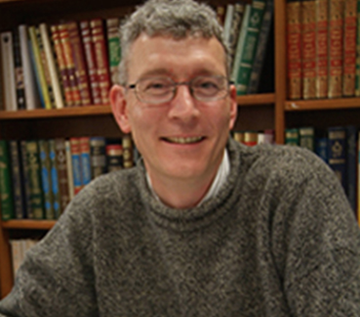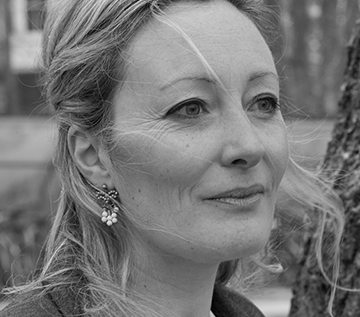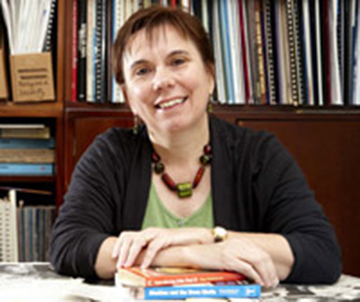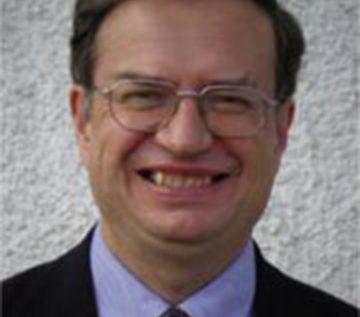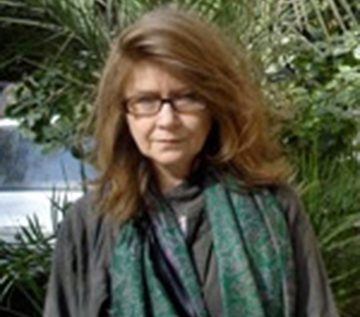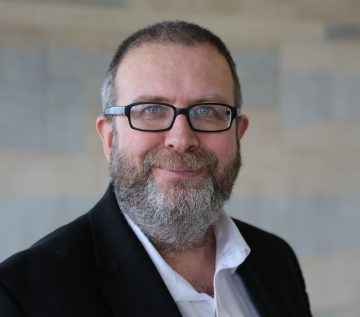Professor Tom Sorell
University of Warwick
Ethics and Security: Terrorism and Transnational Organised Crime
Nine leading academics were appointed as Global Uncertainties Leadership Fellows under PaCCS in 2013. They provided leadership for the Partnership undertaking high quality research and knowledge exchange projects across themes of radicalisation, religion and beliefs, trust, ethics, and national security.
At the time of his appointment as a Fellow, Professor Tom Sorell was Professor of Politics and Philosophy and Head of the Interdisciplinary Ethics Research Group at the University of Warwick. His research interests included moral and political philosophy and he has published extensively on the subject. His research at the time of his fellowship focused on the moral and political issues raised by emergencies, including terrorist emergencies.
Professor Sorrell has also previously been Director of the Centre for the Study of Global Ethics at the University of Birmingham and a Fellow in Ethics at Harvard. He was Co-ordinator of the FP7 DETECTER project and is leader of two Work Packages in the FP7 SURVEILLE project.
Tom also directed the FinCris project and was a participant in the FP7 ICT ACCOMPANY project on care robotics.
Project Summary
Tom’s Global Uncertainties Leadership Fellowship, which ran from April 2013 to April 2016, was entitled Ethics and Security: Terrorism and Transnational Organised Crime and involved ethical research into terrorism and transnational organised crime and consultations with researchers on other Partnership projects, especially EPSRC supported projects, to help them identify and accommodate ethical risks.
The project focused on preventive counter-terrorism activity and preventive action against organised crime, in particular the problems surrounding the interpretation of proportionateness in preventive police operations.
It explored the claim that preventive counter-terrorism moves policing unjustly in the direction of pre-cognition of crime and abandoning the presumption of innocence.
It also investigated critically the supposed special connections between justice and reactive policing, and the supposed tensions between justice and security as the presiding values of policing. The moral differences between terrorism and some of the main kinds of organised crime were also discussed.
Related Information
Get in touch
